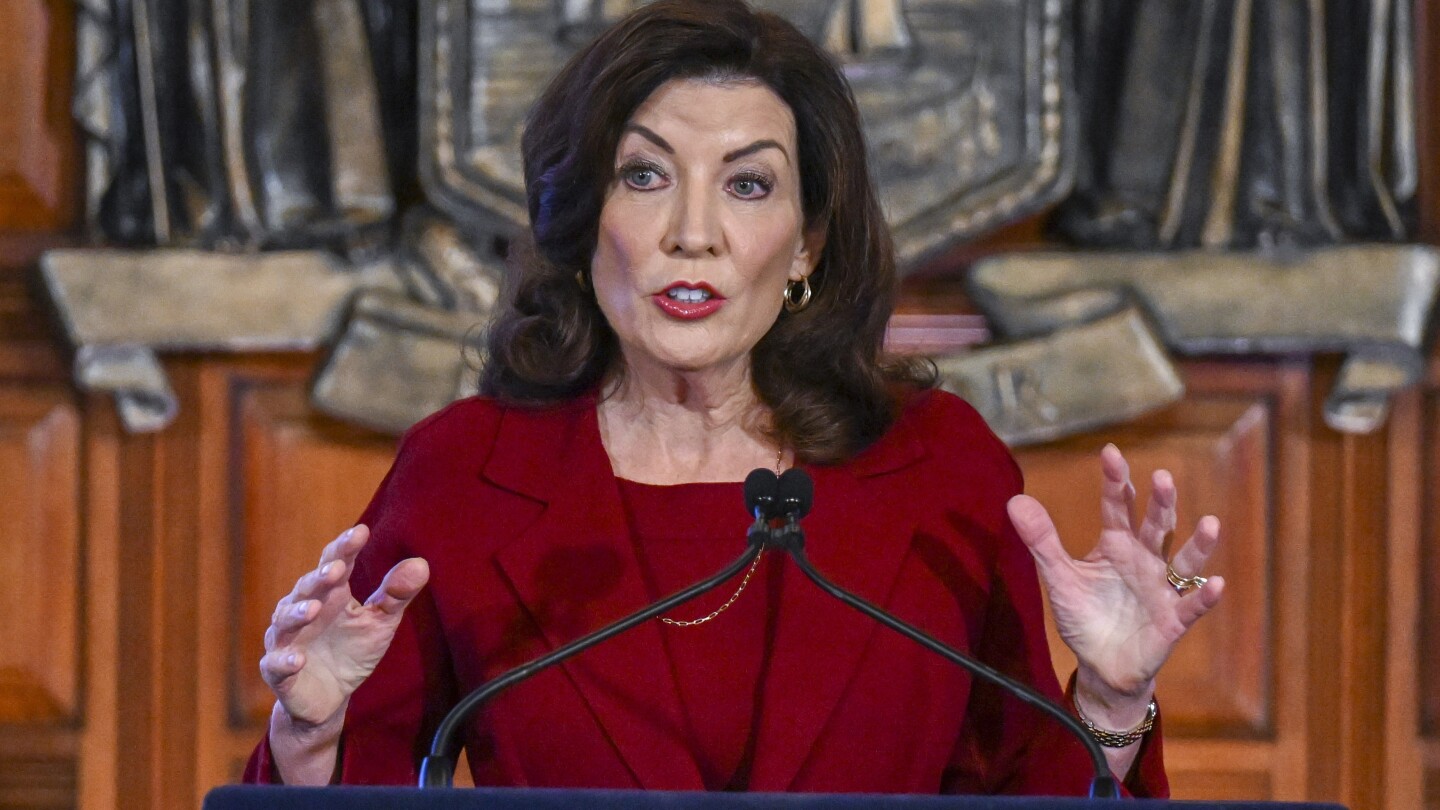New York’s governor vetoed a bill days before Christmas that would have banned noncompete agreements, which restrict workers’ ability to leave their job for a role with a rival business.
Gov. Kathy Hochul, who said she tried to work with the Legislature on a “reasonable compromise” this year, called the bill “a one-size-fits-all-approach” for New York companies legitimately trying to retain top talent.
“I continue to recognize the urgent need to restrict non-compete agreements for middle-class and low-wage workers, and am open to future legislation that achieves the right balance,” she wrote in a veto letter released Saturday.
The veto is a blow to labor groups, who have long argued that the agreements hurt workers and stifle economic growth. The Federal Trade Commission had also sent a letter to Hochul in November, urging her to sign the bill and saying that the agreements can harm innovation and prevent new businesses from forming in the state.



Victim-blaming chickenshit attitude.
How is someone that enters into an agreement on their own accord a victim? That makes no logical sense.
Then why limit non-compete agreements? Or any agreements?
Rent paperwork says I own your firstborn. Don’t like it, don’t sign it.
We are fucking clearly talking about abusive extremes, from which business must be forced to back down, or else they’ll let that creep onto everyone and everything. When it becomes a matter of “agree to this or starve,” agreement is not an excuse.
That is not exactly how it works. There are some legal protections to help with this. If a contract is grossly unfair or one-sided, it might be considered “unconscionable” and therefore unenforceable. This usually happens when one party has significantly more power or information than the other, leading to an abuse of that power. Courts may also refuse to enforce contracts that were entered into under duress, undue influence, or fraud.
But what is anyone protected from, if they can just not sign a contract they don’t liiiike? How can it be grossly unfair, unconscionable even, if they entered into an agreement of their own accord? That makes no logical sense… according to you, 24 hours ago.
I’m saying that we get to a happy medium where employers aren’t empowered to do wrong by their employees because they know that a bad contract may not withstand future arbitration, even if the employee does sign, but the employer does get a better guarantee that they are investing in a long-term asset. The employee does sign something though that is binding and they are not off-the-hook if the contract is executed without malice. In turn, they get an education. It’s a win-win.